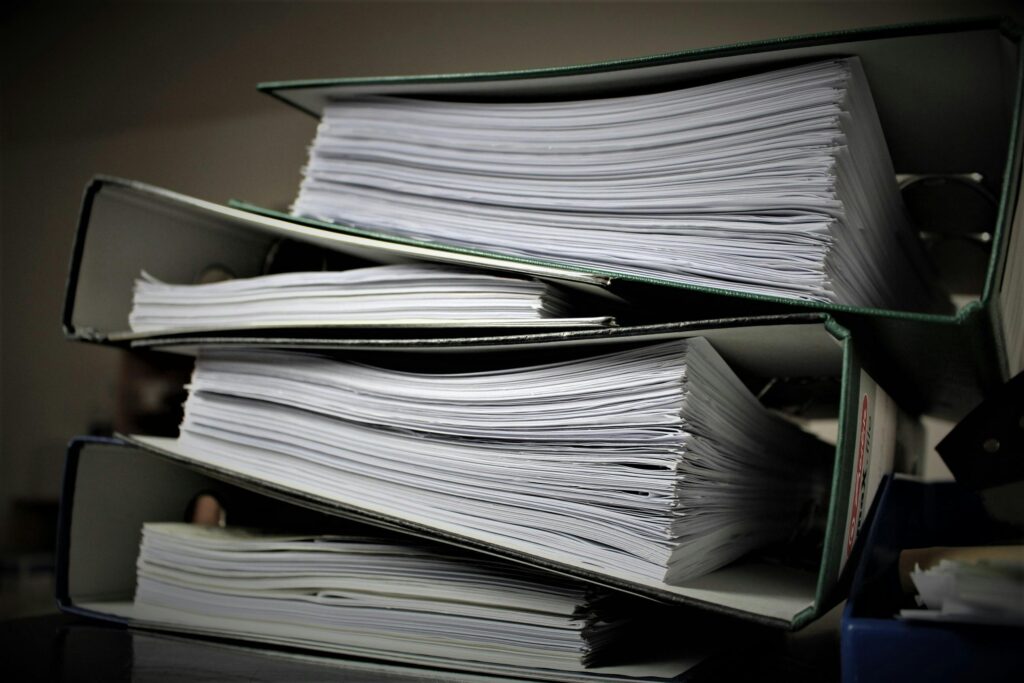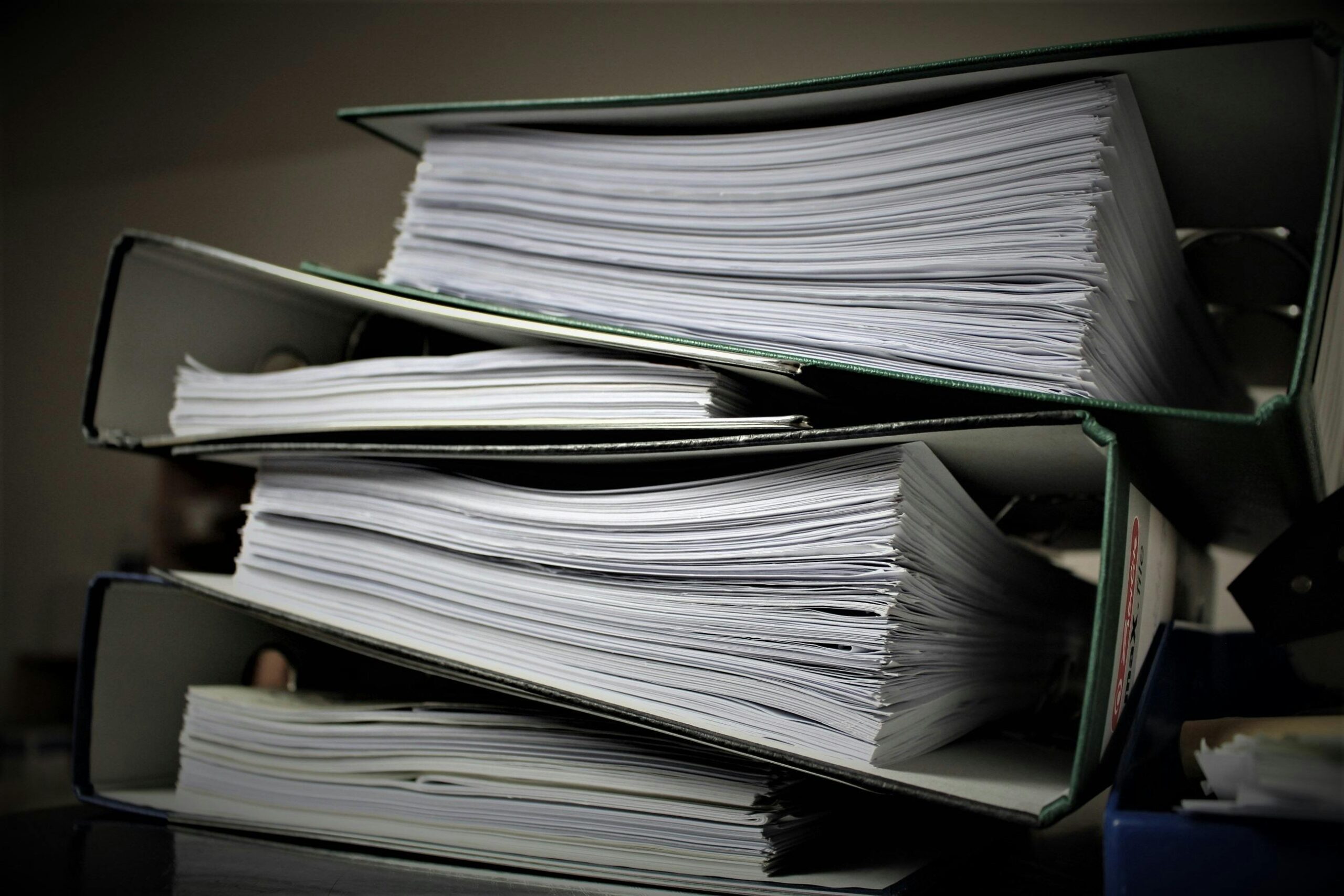Presentation
Worldwide equity alludes to the standards, instruments, and education pointed at maintaining human rights, advancing responsibility, and guaranteeing decency on a worldwide scale. It includes different perspectives of law and administration that rise above national boundaries and address issues such as war wrongdoings, violations against humankind, genocide, and other appalling infringements of universal law.
At its center, worldwide equity looks to hold people and states responsible for their activities, especially concerning the infringement of principal human rights and compassionate law. It incorporates components for examining, arraigning, and arbitrating cases of genuine worldwide violations, regularly including worldwide courts, tribunals, and other legal bodies.
International Justice also includes broader endeavors to address authentic treacheries, advance compromise in post-conflict social orders, and give reparations to casualties of past abominations. Truth commissions, reparations programs, and transitional equity components are basic components of this broader interest.
Besides, worldwide equity plays a preventive part by building up standards and measures of behavior, discouraging future infringement of worldwide law, and advancing a culture of responsibility and regard for human rights.
By and large, International Justice speaks to a collective endeavor to maintain the standards of reasonableness, responsibility, and regard for human respect on a worldwide scale, rising above national boundaries and advancing peace, solidness, and running the show of law around the world.

Sorts of Worldwide equity
International Justice envelops different sorts and components pointed at tending to the infringement of worldwide law and advancing responsibility on a worldwide scale. Here are a few key sorts of International Justice:
- Criminal Equity:
- Universal Criminal Courts and Tribunals:
Teach such as the Worldwide Criminal Court (ICC), the Universal Criminal Tribunal for the previous Yugoslavia (ICTY), and the Universal Criminal Tribunal for Rwanda (ICTR) indict people for genuine worldwide wrongdoings, counting war wrongdoings, violations against humankind, and genocide. - Cross-breed Courts:
These are worldwide or blended tribunals set up with the participation of universal and residential legitimate frameworks to address particular clashes or circumstances, such as the Uncommon Court for Sierra Leone or the Uncommon Chambers within the Courts of Cambodia.
- Transitional Equity:
- Truth Commissions:
Free bodies are entrusted with exploring past human rights manhandling, recording infringement, and advancing compromise by uncovering the truth almost past outrages. Cases incorporate the Truth and Compromise Commission in South Africa. - Reparations Programs:
Activities pointed at giving emoluments, compensation, or other shapes of change to casualties of human rights mishandling, frequently as a portion of broader transitional equity forms. - Organization Change:
Endeavors to change legitimate and administrative teach to address systemic human rights mishandling advance responsibility and run the show of law.
- Therapeutic Equity:
- Therapeutic equity approaches center on repairing hurt caused by criminal behavior and advancing compromise between casualties and culprits. Whereas essentially connected at the household level, therapeutic equity standards can moreover illuminate worldwide equity forms, particularly in post-conflict settings.
- Political and Political Equity:
- Conciliatory endeavors, counting arrangement, intervention, and strife determination instruments, play a significant part in settling the debate, anticipating clashes, and tending to root causes of treachery at the universal level.
- Political responsibility components, such as sanctions, political weight, and worldwide tribunals just like the Worldwide Court of Equity (ICJ), hold states responsible for infringement of universal law and advance adherence to lawful standards and arrangements.
- Financial Equity:
- Financial equity activities point to addressing incongruities in riches, assets, and openings between nations and inside social orders, advancing reasonable exchange, improvement assistance, and destitution-lightening measures to attain more noteworthy financial correspondence and social equity all-inclusive.
These different sorts of International Justice components complement each other and work together to advance responsibility, maintain human rights, and cultivate peace and steadiness on a worldwide scale.
Laws for International Justice
International Justice is administered by a complex system of laws, settlements, traditions, and standard worldwide law. These lawful rebellious setup standards, standards, and instruments for tending to infringement of worldwide law and advancing responsibility on a worldwide scale. Here are a few key laws and legitimate frameworks relevant to International Justice:
- Universal Helpful Law (IHL):
- IHL, also known as the law of outfitted struggle or the laws of war, controls the conduct of equipped strife and looks to ensure civilians, prisoners of war, and other non-combatants amid times of war.
- Key arrangements incorporate the Geneva Traditions of 1949 and their Extra Conventions of 1977, which set up rules for the assurance of casualties of equipped strife and disallow war violations, counting assaults on civilians and the utilization of certain weapons.

- Universal Criminal Law (ICL):
- ICL includes the body of law that administers the arraignment of people for genuine worldwide violations, counting genocide, war wrongdoings, wrongdoings against humankind, and animosity.
- The Rome Statute of the Worldwide Criminal Court (ICC) may be a central arrangement in ICL, setting up the ward, capacities, and strategies of the ICC, which prosecutes people for the foremost genuine wrongdoings of universal concern.
- Human Rights Law:
- Worldwide human rights law comprises settlements, traditions, and standard standards that ensure the elemental rights and opportunities of people, in any case of nationality, ethnicity, or other status.
- Key disobedient incorporate the Widespread Affirmation of Human Rights, the Universal Contract on Gracious and Political Rights, and the International Covenant on Financial, Social, and Social Rights, among others.
- Standard Universal Law:
- Standard worldwide law alludes to lawful standards that have been created over time through steady state hone and are broadly recognized as official in all states, indeed within the nonattendance of particular settlements or traditions.
- Customary universal law plays a critical part in ranges such as the denial of torment, the assurance of political staff, and the guideline of nonrefoulement in displaced person law.
- Arrangements and Traditions:
- Various settlements and conventions address particular issues important to worldwide equity, including the avoidance and discipline of psychological warfare, the assurance of outcasts, the prohibition of torment, and the rights of children, among others.
- States parties to these settlements are bound by their arrangements and are required to actualize measures to ensure compliance with their commitments.
- Worldwide Court System:
- Worldwide courts and tribunals, such as the Worldwide Court of Equity (ICJ), the ICC, and advertisement hoc tribunals built up to address specific conflicts or circumstances, play a vital part in translating and applying universal law and arbitrating debate between states and people.
These laws and lawful systems frame the premise for International Justice and give the establishment for endeavors to hold people and states accountable for infringement of universal law, advance regard for human rights, and cultivate peace and steadiness on a worldwide scale.
Universal Courts and Tribunals:
Holding Culprits Responsible
Worldwide courts and tribunals serve as imperative disobedient for responsibility, arraigning people mindful of deplorable infringement of worldwide law. The Universal Criminal Court (ICC) stands as an unmistakable illustration, entrusted with tending to war violations, wrongdoings against humankind, and genocide. By rising above national borders, these institutions contribute to finishing exemption and discouraging future abominations.
Transitional Equity:
Mending Societal Wounds
Transitional equity components play a significant part in post-conflict or transitional societies, tending to past human rights manhandle and treacheries. Truth commissions, reparations programs, and trials for past infringement give roads for casualties to look for change, advance compromise, and cultivate societal recuperation. These instruments are irreplaceable for building economic peace and cultivating a culture of responsibility.
Tending to Authentic Injustices:
Acknowledgment and Reparations
Past person responsibility, International Justice envelops the broader issue of tending to verifiable shameful acts. Activities such as truth and compromise commissions and reparations programs are fundamental for standing up to the bequest of colonialism, servitude, and apartheid. By recognizing past wrongs and providing reparations, nations can take steps towards recuperating authentic wounds and advancing social cohesion.

Challenges and Impediments:
Exploring the Way to Equity
The interest in worldwide equity isn’t without challenges, counting political impediments, asset limitations, and hesitance from some states to meet up with universal ward. Overcoming these challenges requires concerted endeavors and political will from the international community. Moreover, adjusting the requests for equity with the objectives of peace and soundness postures complex predicaments that must be carefully explored.
Preventive Part:
Discouraging Future Violations
Worldwide equity serves a significant preventive part, discouraging potential perpetrators and avoiding future infringement of worldwide law. By illustrating that there are results for deplorable infringement, worldwide courts and tribunals contribute to advancing a world where human rights are regarded, and clashes are settled through quiet implies.

Conclusion:
A Collective Basic for a Just World
In conclusion, the interest of International Justice could be a collective basic that requires maintained commitment from the universal community. By holding culprits responsible, tending to past shameful acts, and advancing systemic changes, International Justice contributes to building a more fair, serene, and evenhanded world. As we explore the complexities of the 21st century, the advancement of International Justice remains fundamental for maintaining the nobility and rights of all people, independent of nationality or social status.
